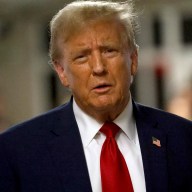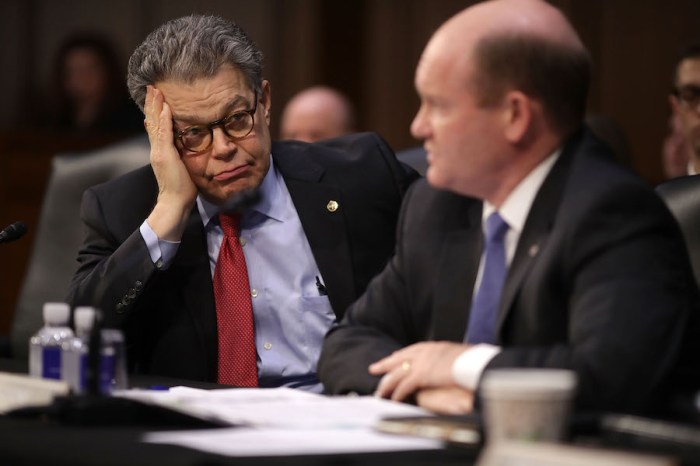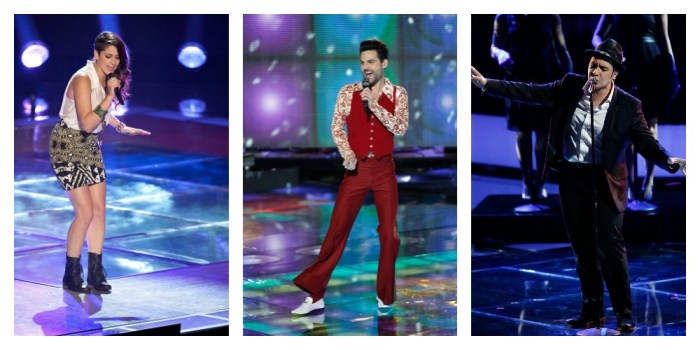A presidential campaign centered on bigotry, racism, sexism and, as of late, a complete disregard for facts, is likely to cause a commotion, especially on college campuses whose mission — promoting inclusion and an open exchange of ideas — are in direct conflict with the president’s agenda. We spoke with three professors to see how this year’s election affected what they discussed with students getting ready to enter this new era of uncertainty.
New York University
Courses: “Queer Cultures” & “Intersections of Race, Gender and Sexuality in a Global Context”
Professor: Gayatri Gopinath
Never before did the concept of “intersectionality” — which is the basis of both of these classes — seem so necessary. I co-taught the latter class with my colleague Lisa Duggan, and we stressed to students that we can’t understand the Trump phenomenon, and his particular brand of toxic masculinity, without an intersectional analysis of class, white supremacy and misogyny. We also stressed the need to place Trump within a broader transnational frame of right-wing populist movements that are resurgent in Europe, the Philippines, India and elsewhere. I wanted to give students the tools to develop not only a cogent analysis of this historical moment and what brought us here, but also a sense of how radical social change and transformation happens. This is what studying queer culture gives us: the realization that a small group of people can lead to lasting change. Queer communities have always figured out creative and brilliant ways to thrive in the face of insurmountable odds. I hope this gave my students a sense of hope and possibility even in the midst of what seems to be a devastating setback. University of Pennsylvania
Course: “Contemporary Political Theory: Freedom, Power, Equality”
Professor: Nancy J. Hirschmann
We didn’t talk about the election per se, because some of my students voted one way and others voted another. Rather, we were focused on the hate emails that Penn’s African-American freshmen had been senta few days after the election, and the racist, hateful actions that had been taken by neo-Nazis in Trump’s name. All of us condemned these actions, regardless of who people voted for. On the syllabus that day, it so happened, was Martin Luther King’s “Letter From Birmingham City Jail” as well as his “I Have a Dream” speech. Those readings were already meant to open up discussion about racial equality, so the timing was painfully appropriate. But as I said to my students, what’s important is not how you voted. It’s how we treat each other going forward. That will be the true test of the Trump administration — whether his policies treat all Americans with equal respect or whether they continue to stir up and enable racism and sexism. Boston University
Course: “The Presidency and the Media”
Professor: Christopher B. Daly
A year ago, when we were planning the course, I came up with an idea for the students’ final papers: Draft an inaugural address for the winner. Of course, in early 2016, we had no idea that the winner would turn out to be Donald Trump. When he won, many students were visibly upset. Some asked to be excused from the assignment. But our view was that one of the goals of a liberal education is the opportunity to understand a point of view very different from your own. So, we made everyone complete the task. They were great. In fact, there were several that were far superior to the actual inaugural we heard recently from Trump himself.
Teaching in the age of Trump

iStock


















